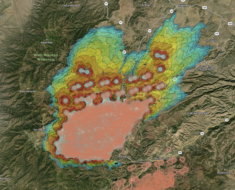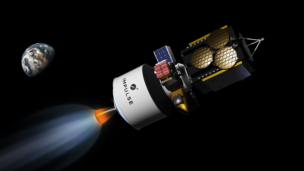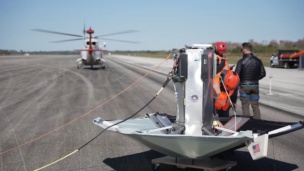Yesterday, Euroconsult’s World Satellite Business Week wrapped in Paris. The conference gathered together leaders in the burgeoning global satellite industry, many of whom shared project updates and reflections on the state of the industry. Some key highlights:
Megaconstellation critiques: Too many companies are filing plans for megaconstellations that probably won’t (or shouldn’t) be built, according to some WSBW speakers. “We should not be captured by the hype and say the more constellations the better for mankind, because it’s not true,” said Michel Azibert, deputy chief executive of Eutelsat. “It’s the contrary, in my opinion.”
Launch crunch: Several companies have planned to launch new rockets in 2022, and reps returned to those goals with varying levels of confidence.
- Arianespace says they have five Ariane 5 booster flights left and that they expect to begin launching Ariane 6 in the latter half of 2022. The company doesn’t anticipate a gap in operations.
- SpaceX is still planning Starship’s first orbital flight attempt for the first few months of 2022 and hopes for at least three crewed missions during the year.
- Blue Origin backtracked on earlier statements that New Glenn would launch in late 2022.
And the hot topic du jour: Several companies gave updates on planned SPAC mergers. Satellogic is hoping to complete its merger next week and begin trading on Wednesday, Dec. 22. Virgin Orbit is also hoping to SPAC by the end of the year.




